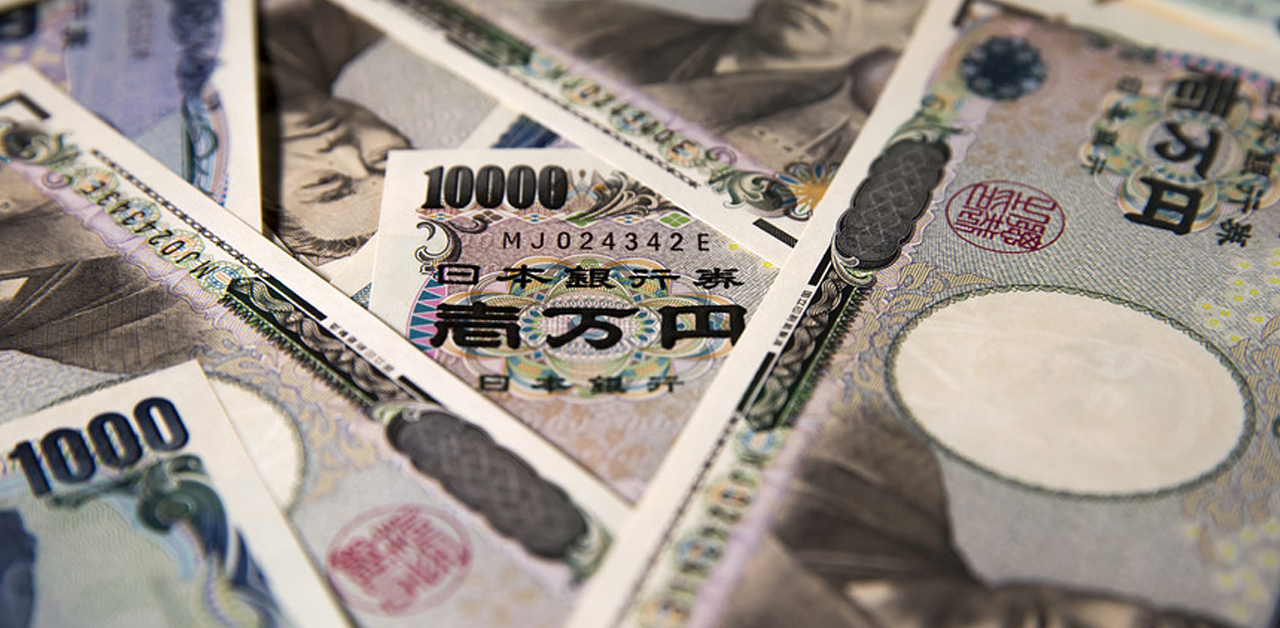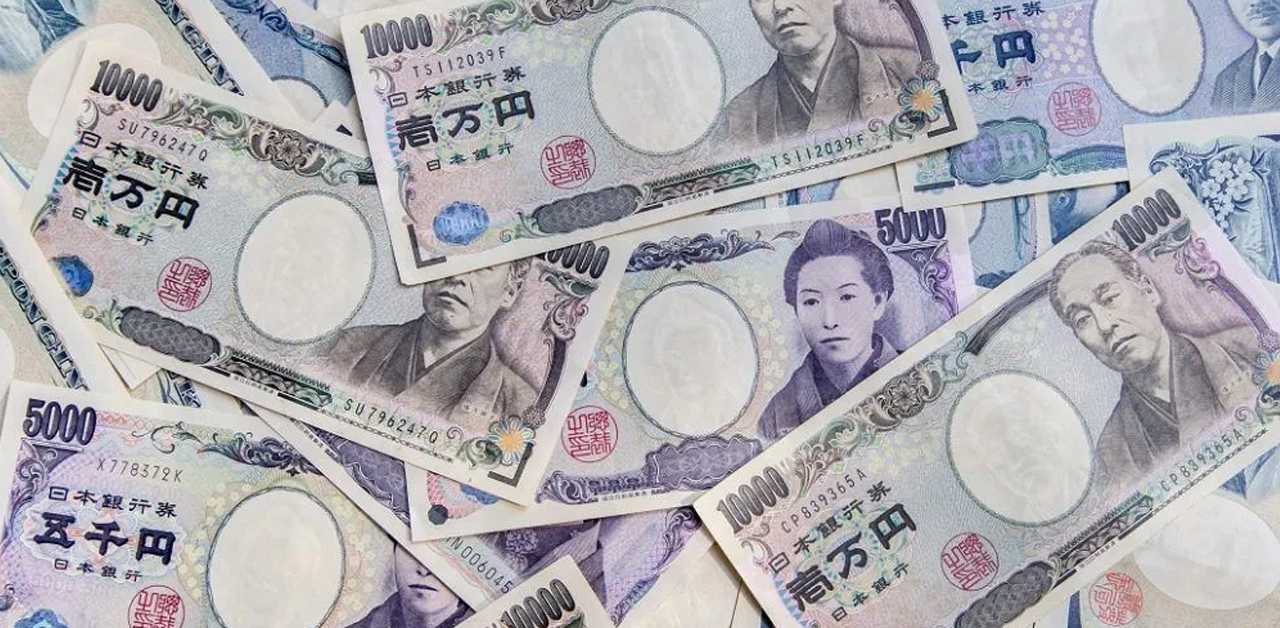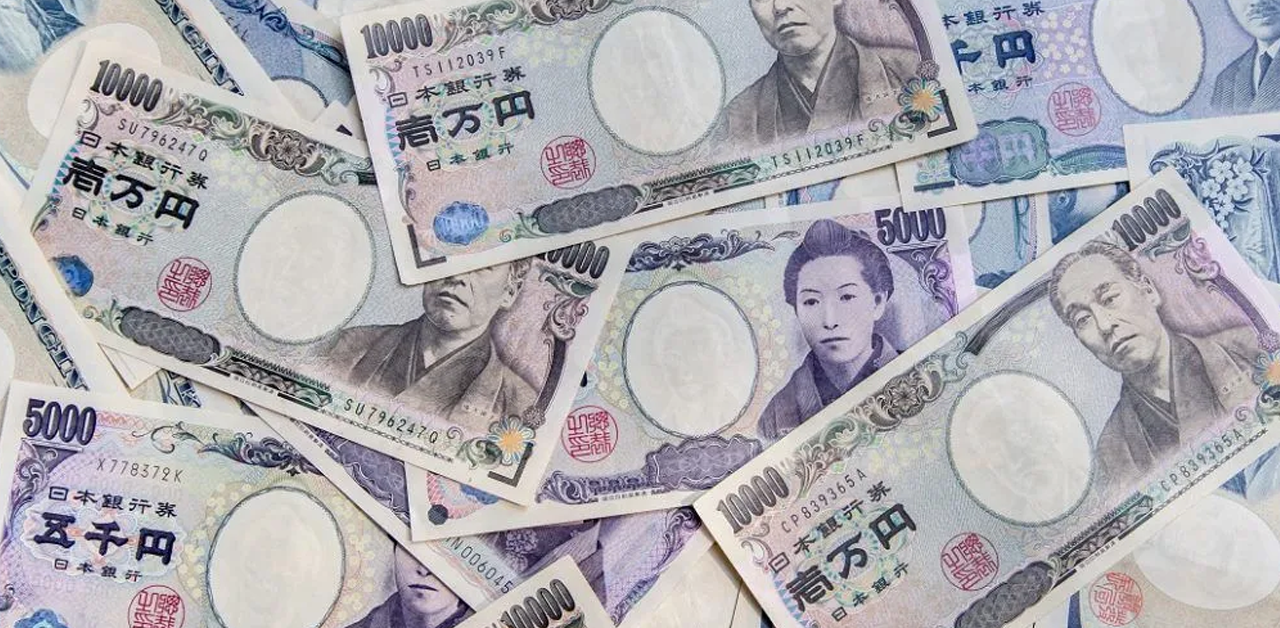China Encourages FX Trading Reduction to Bolster Weakening Yuan
China’s central bank, the People’s Bank of China (PBOC), has reportedly instructed several brokerage firms to reduce their proprietary trading in the foreign exchange market, signaling the authorities’ efforts to stabilize the weakening yuan. This move comes as the yuan faced significant pressure, having reached a 16-year low against the US dollar.
Sources familiar with the matter revealed that the PBOC issued the directive earlier this week, without specifying any particular trading volume limits. Some of the affected brokerage firms have reportedly scaled back their proprietary trading activities in response to the PBOC’s guidance.
This action by the central bank adds to the series of measures it has taken to support the yuan’s value. Prior steps included issuing verbal warnings and tightening offshore funding costs to discourage speculative attacks on the currency. As a result of these measures, trading volumes in the foreign exchange market have dwindled, as market participants have become more cautious about challenging the central bank’s commitment to defend the yuan’s stability.
The PBOC’s move to limit proprietary trading by brokerage firms reflects its determination to prevent further depreciation of the yuan. The central bank has also cut interest rates as part of its broader strategy to support the currency. Additionally, the authorities have increased bill sales in Hong Kong to tighten offshore funding conditions for the yuan, potentially squeezing out short positions.
The daily trading volume for the dollar-yuan pair onshore has dipped below $20 billion this week, based on official data. Notably, the onshore yuan has shown some resilience recently, appreciating by 1.2% against the US dollar since the beginning of the week, reaching approximately 7.26 per dollar. This comes after the currency had declined to its lowest level since 2007 in September.
While brokerage firms typically engage in less foreign exchange trading compared to banks, the PBOC’s latest directive underscores its commitment to stabilizing the yuan amidst a backdrop of interest rate cuts and a widening interest-rate differential between China and other major economies.
To further support the domestic economy, the central bank announced its decision to reduce the reserve requirement ratio for most banks on Thursday. This move is aimed at boosting liquidity and facilitating economic recovery. The yuan’s weakening had been exacerbated by China’s widening interest-rate differential relative to other major economies, prompting the PBOC to employ various measures to support the currency.











